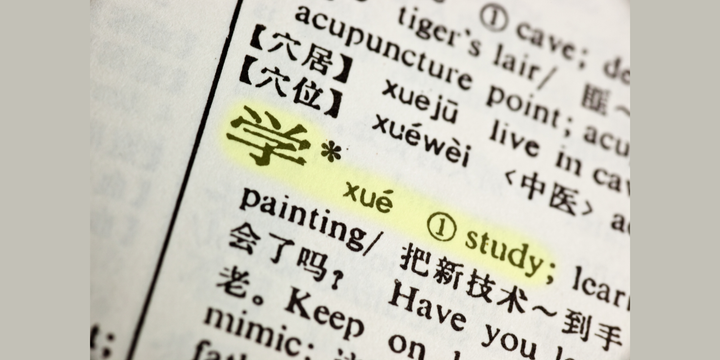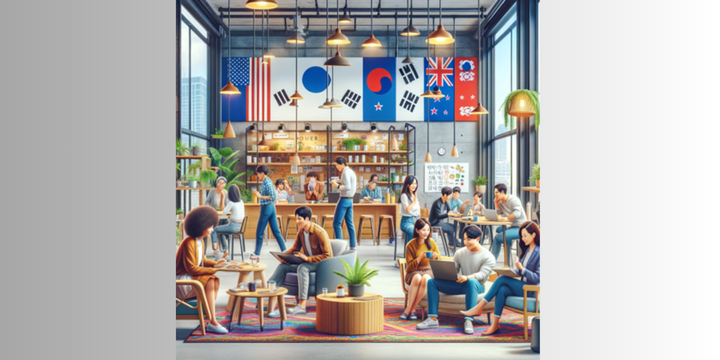Understanding China through lightness and the blogosphere
The story of China’s independent China bloggers could help us come to terms with the multiplicity of our relationships with China, says Professor Paola Voci, of the University of Otago.

For anyone wondering how to resolve their conflicting thoughts about present-day China, Professor Paola Voci has much wisdom to offer. For twenty years, she has led the University of Otago’s Chinese language and culture programme, along with her colleagues Dr Sin Wen Lau and Dr Lorraine Wong. Her personal relationship with China goes back even further, to the late 1980s. She has seen how changes in the stories we hear about China, have changed how we engage with China.
When China’s economy surged in the early 2000s, New Zealand and China’s relationship deepened, based on trade, diplomacy and cultural exchange. It was a positive story. Professor Voci witnessed university students flocking to Chinese language courses, not only for cultural learning, but also for international business and even politics. Positive stories generated positive actions.
Recently, a new narrative seems to be cooling the enthusiasm of New Zealand’s students. China’s political climate and its response to global issues such as the climate emergency, Covid 19 pandemic, and conflict with the United States, have amended the story.
The Chinese government has sought to carefully curate this story, while Western media have tended to present a polarized and narrow slice of the large and diverse country. Both narratives are unappealing.
At the same time, observes Professor Voci, ‘cooler’ stories from other cultures have piqued student interest, most notably Korean popular culture. Phenomena like BTS, Squid Game, and Korean movies and dramas have created positive connotations and motivations to understand South Korea.
But for Professor Voci, who since 2020 has also directed the University of Otago’s Global Studies Programme, the issue is not one of popularity and trends, or downplaying real issues. The point is that stories matter. More so, finding stories that give us a full understanding and a foundation for stronger human connection.
“While we – New Zealanders and the Chinese diaspora here – do need to know about social inequities and political issues in China, we also need to avoid one-dimensional views. The question is how we do that,” says Professor Voci.
In her research, Professor Voci has explored many alternative means of storytelling, from the big screen to micro-films on mobile phones. Recently, she has explored the story of China-focused independent bloggers.
“My aim when looking at these blogs is help us understand and appreciate China’s complexities - to capture the multiplicity, the dissonance,” she says.
Origins of lightness
This is not just an academic exercise for Professor Voci, but part of a life-long mission to bring everyday voices into the light. She was an undergraduate exchange student in China in 1989, immersed in student culture, when the tragedy of the events in Tiananmen Square unfolded. Difficult communication on the ground, and the chaos involved, meant it was not until later, and her return home, that she fully understood what had happened.
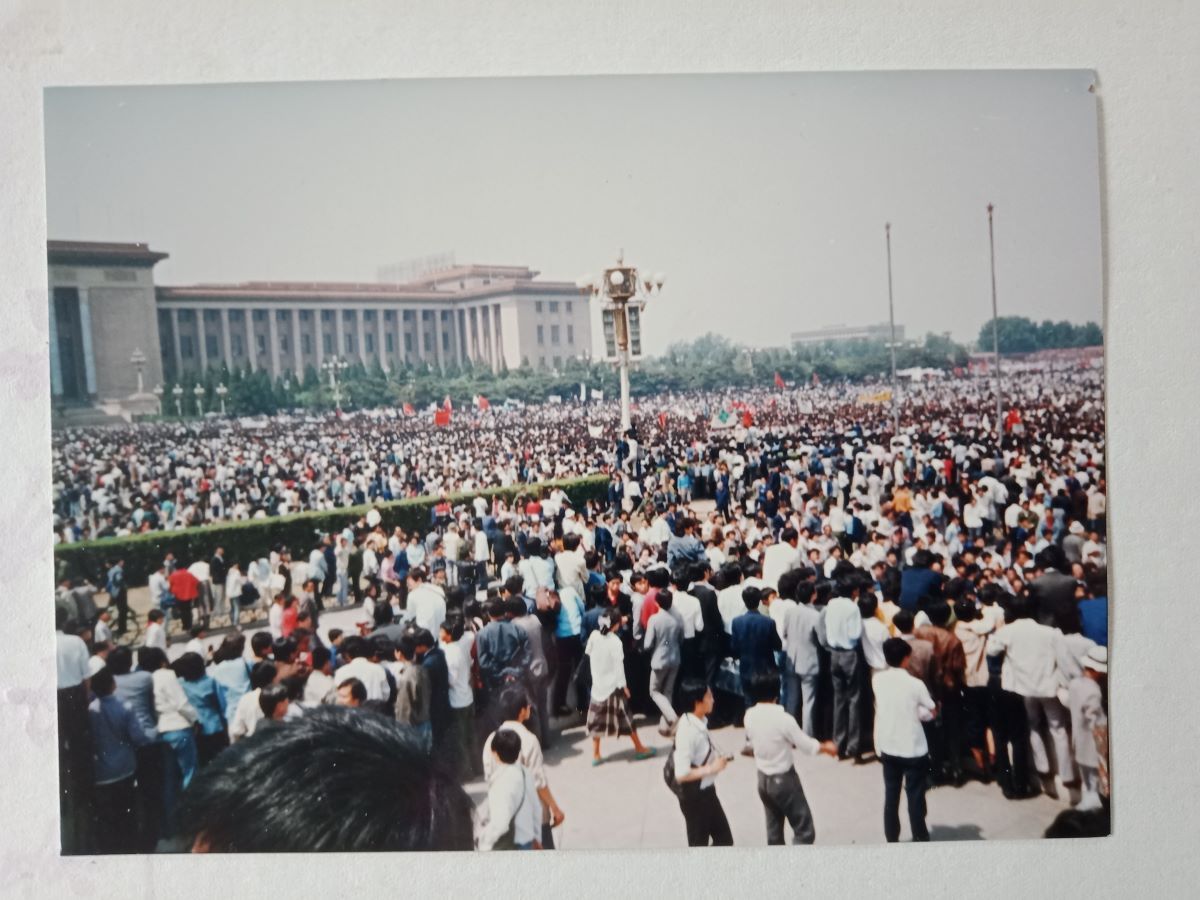
It was a first-hand experience of the dissonance between everyday personal relationships and larger events and narratives.
A year later, Professor Voci returned to China as a full-time student at the Beijing Film Academy. China’s silver screen was booming, and she became immersed in China’s creative communities, meeting people who would go on to become film luminaries in China and globally.

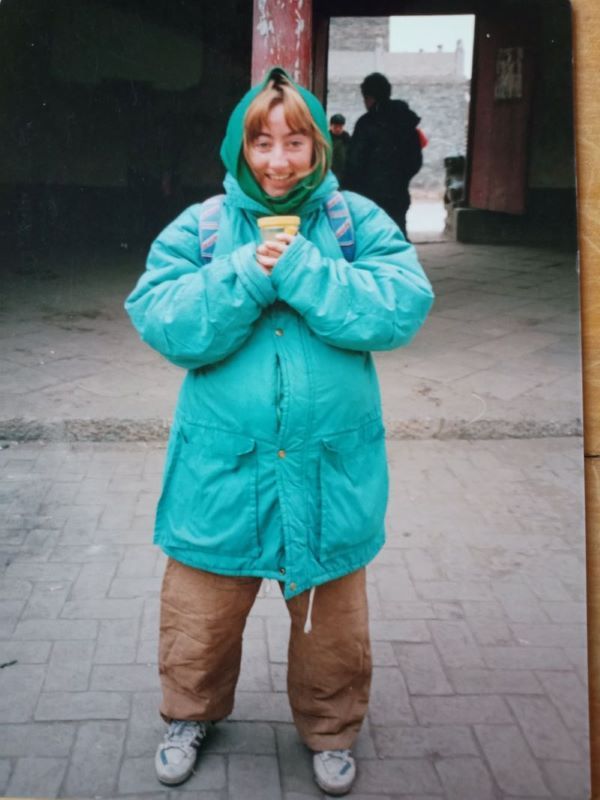
These formative experiences sparked Professor Voci’s passion for the ‘in-between’ stories of China. The glimmers of creativity, which tell, not necessarily political or dissenting views, but stories of everyday life that, as she describes it, “disturb the dominant ideology”.
Over time, Professor Voci developed these ideas into a theory of ‘lightness’ –the interstitial space of creative practices that resist hegemony, whether cultural, economic or political.
“This creative endeavour, this lightness, is vital to survival of open societies,” says Professor Voci.
Capturing the shifting sands of the blogging era
For around a decade, an important source of such ‘lightness’ in China, was the independent blog. For a special moment in time, they provided nuanced, fragmented and dissonant stories about life in China, even as mainstream media told a story of a marching economic behemoth.

Tracing the blogs’ evolution throughout the “Hu Jintao years” (2002 – 2012), Professor Voci remembers that at first there were only “a handful of bilingual bridge-blogs that began to post original reporting, commentaries, and translation from the Chinese-language Internet.”
“The Hu Jintao years saw internet culture in China gain some relative freedom. Internet censorship became stricter around 2008, but blogs continued to share and preserve alternative view-points on life in China,” she says.
The stories in these blogs often directly contrasted with those told by official sources, whether in Chinese or Western media. She loved the immediacy and closeness of the blogs. They made her feel more connected to China, at a time when she could not visit.
“These blogs were run by native and non-native speakers alike who were living in China, speaking Chinese. They could really give their readers the feeling that they knew what was going on, almost as though the readers were there on the ground with them.”
However, following the political changes brought about by Xi Jiping between 2012 and 2015, censorship made working on the ground almost impossible, and many of these blogs either stopped or the bloggers themselves left China.
Professor Voci’s research covers this shift, which saw blogs evolve as they moved overseas. Academic institutions also filled some of the vacated space.
“The blogs show us how the “China story” is not, should not be, just black and white. Together they form a record of how an alternative, more complex, version of the China story has evolved,” says Professor Voci.
Though the research covers a period still fresh in our minds, the research is historical as well as cultural. It captures a moment in time where most of the western news correspondents were not fluent in Chinese or had limited understanding of Chinese culture and society.
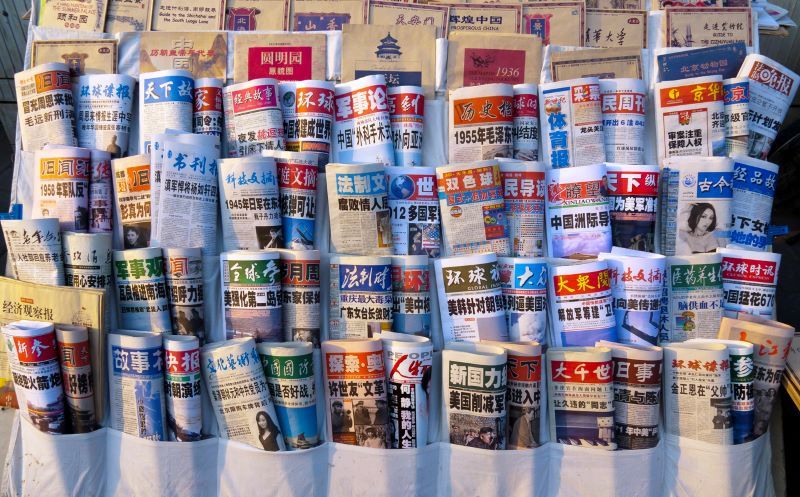
Yet, while the blogs are recent history, assessing their impact is a challenge. Easily accessible website metrics such as we have today did not exist then. Instead, Professor Voci examines how these blogs interacted with news organizations or academic institutions and how their stories were “echoed” in news coverage or academic publications.
Continuing the legacy
Today, this more “fragmented” unofficial China story continues to be told in many blogs, but they are increasingly told outside of China, notes Professor Voci.
“The open and vibrant blogging space that developed and peaked between 2002 and 2008 years is unlikely to occur within contemporary China,” believes Professor Voci.
The rare and special nature of the period has given her a new goal: to capture this special moment in history with a documentary about the pioneering blogs.
“Preserving and sharing their stories allows us to learn what China was, only ten years ago, and therefore also better understand what China is today.
By re-inserting the grey (and colourful) areas of life, culture, society into the black-and-white narrative about China, these blogs give us a better understanding.”
Professor Voci is seeking funding for the documentary project. “A documentary would make this research accessible, beyond academia, to the public and develop a more widely-shared, multifaceted, nuanced, but also frank and truthful - China story.”
Watch Professor Paola Voci's Inaugural Professorial Lecture
This is not an IPL: “Lightness” and the survival of open societies is the title of Professor Voci's Inaugural Professorial Lecture, in which you can find out more about her time in China and her academic research.
* Quotes in this article may have been edited for clarity and brevity. The views expressed in this article and the webinar do not necessarily represent the views of the Centres of Asia-Pacific Excellence.
Read more
Discover the story of New Zealand's original 'video-blogger', Bill Youren, who made incredible footage of China in the 1950s as part of his efforts to help new Zealanders understand China, which can be seen in the fantastic documentary Building Bridges: Bill Youren's Vision of Peace.


